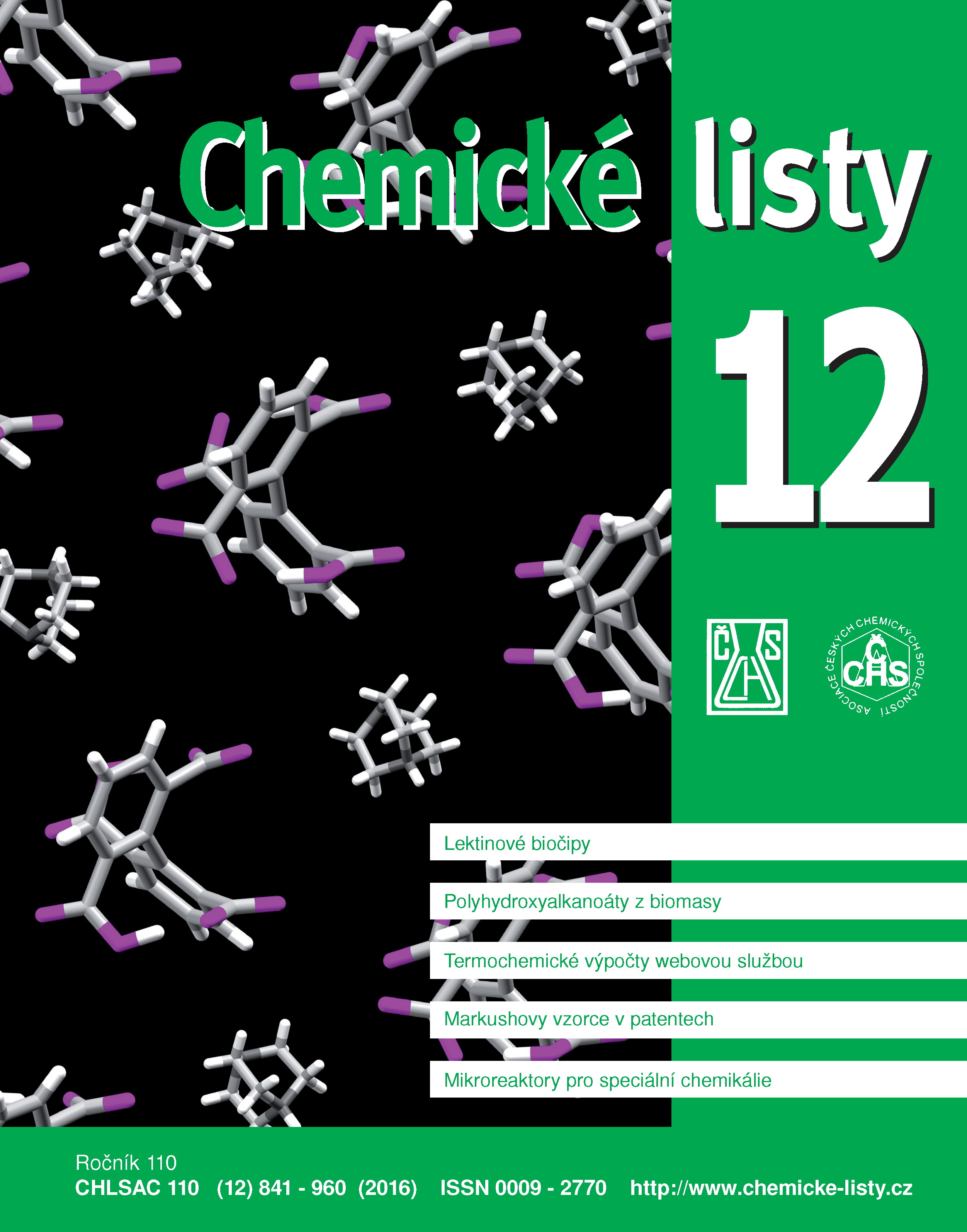New Views on Effects of G Protein-Coupled Receptor, Importance in the Search for New Drugs
Keywords:
signaling, G protein, receptor coupled with G protein, biased ligands, arrestin, structure of receptors, discovery of new drugsAbstract
This review focuses on the research and new discoveries of signaling processes and on the importance of a remarkable system of G protein-coupled receptors (GPCR). GPCRs are the largest and the most diverse family of receptors involved in many physiological processes and represent attractive targets for pharmacological intervention to modify these processes in normal and pathological states. The new knowledge of the regulation of GPCR signaling enabled the synthesis of novel ligands with therapeutic use. Recipients of the 2012 Nobel Prize in chemistry, R. Lefkowitz and B. Kobilka, played a key role in the study of GPCR, arrestins, G-protein-coupled receptor kinases, and ligands functions, as a universal mechanism of receptor action and a molecular understanding of overall GPCR signaling. Their crystallographic studies of ligand-activated GPCRs allowed them to acquire the three-dimensional structures for a number of pharmacologically important receptors. Detailed analysis of the structure of GPCRs allowed the authors to create drug compounds with greater specificity of action and with reduced side effects, the drugs with therapeutic effects.





